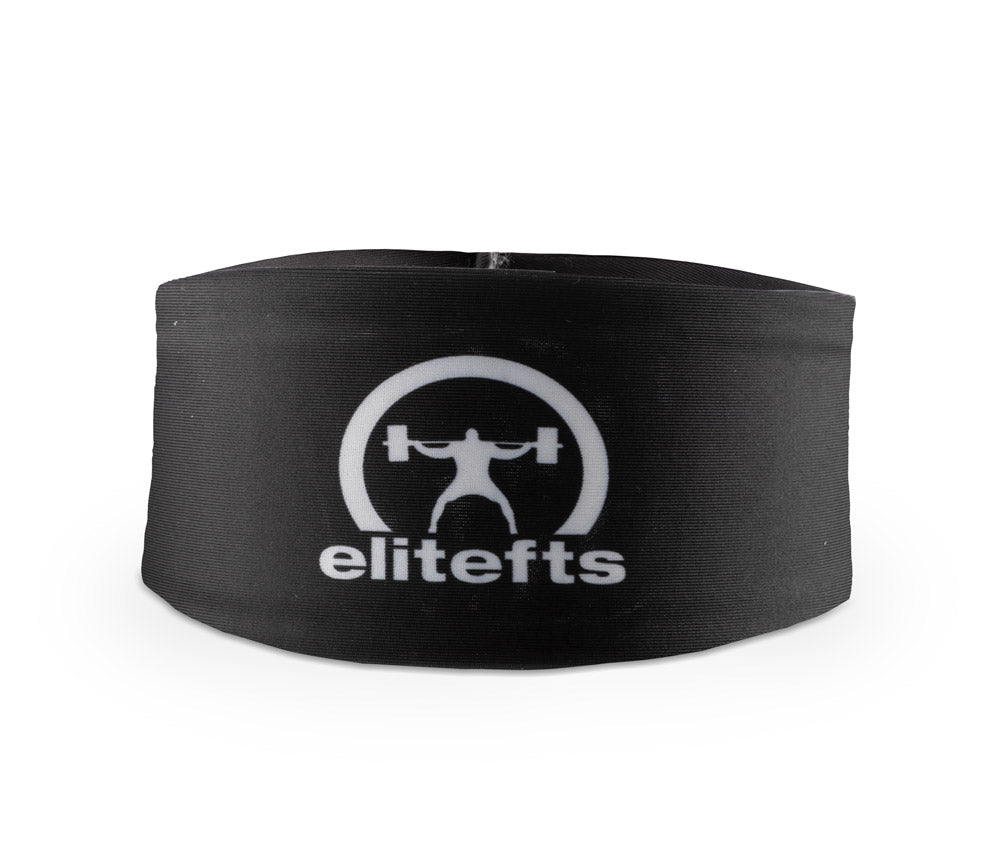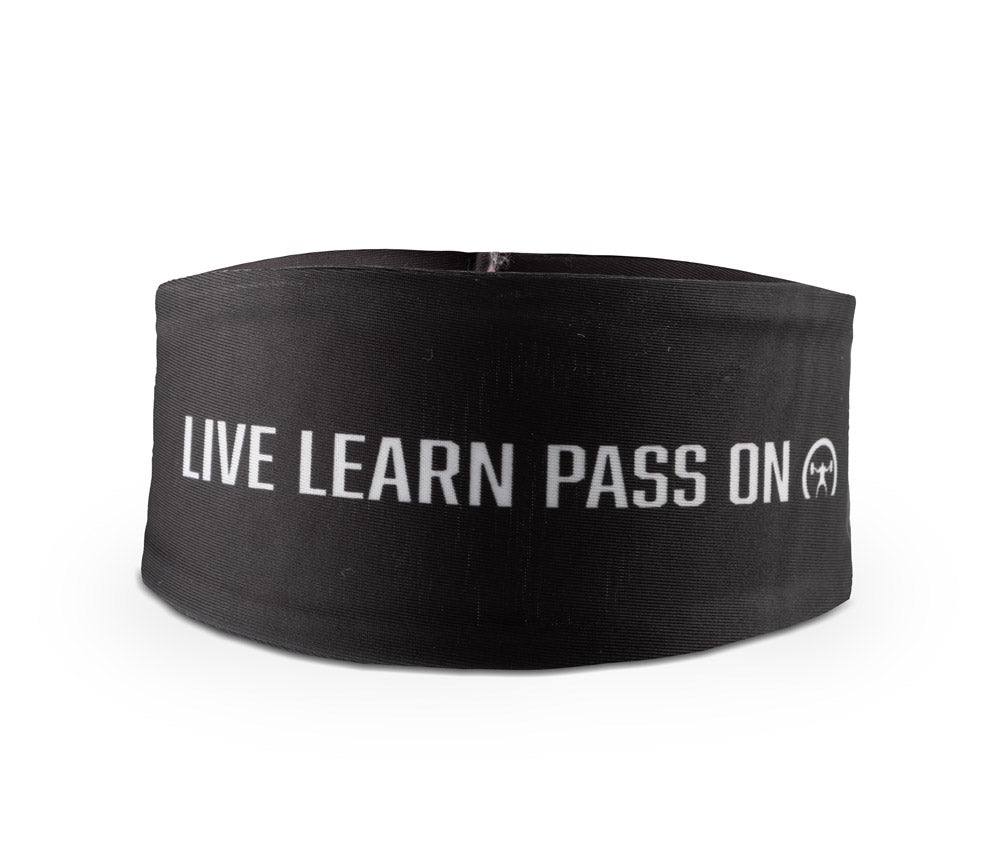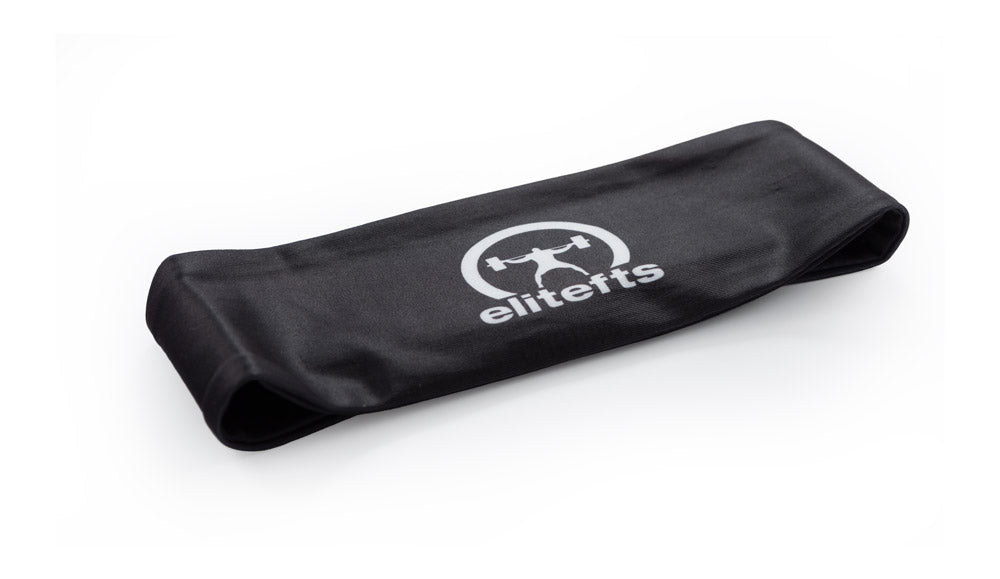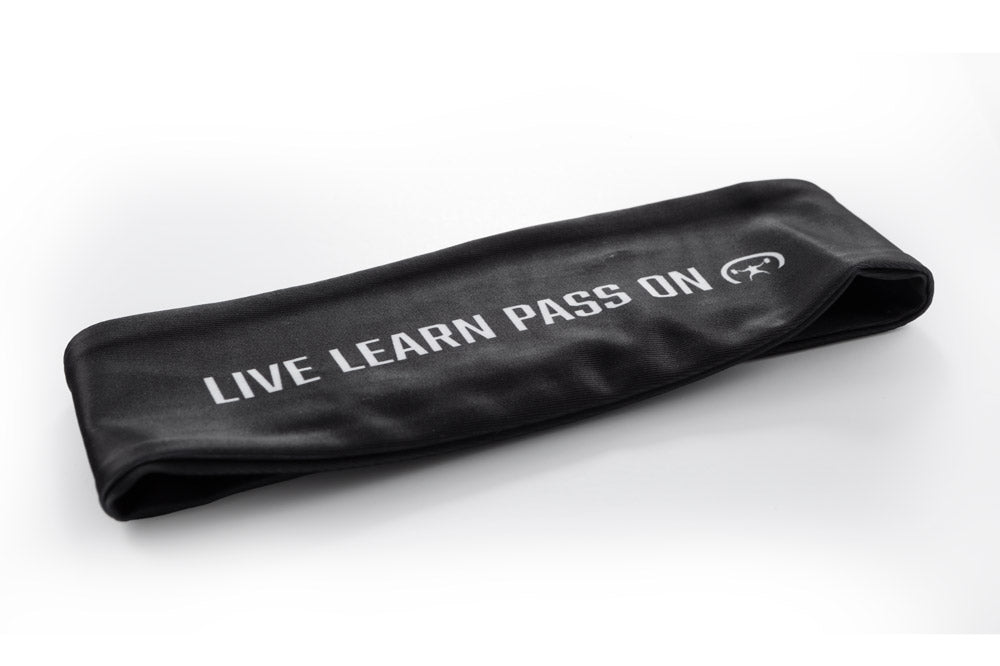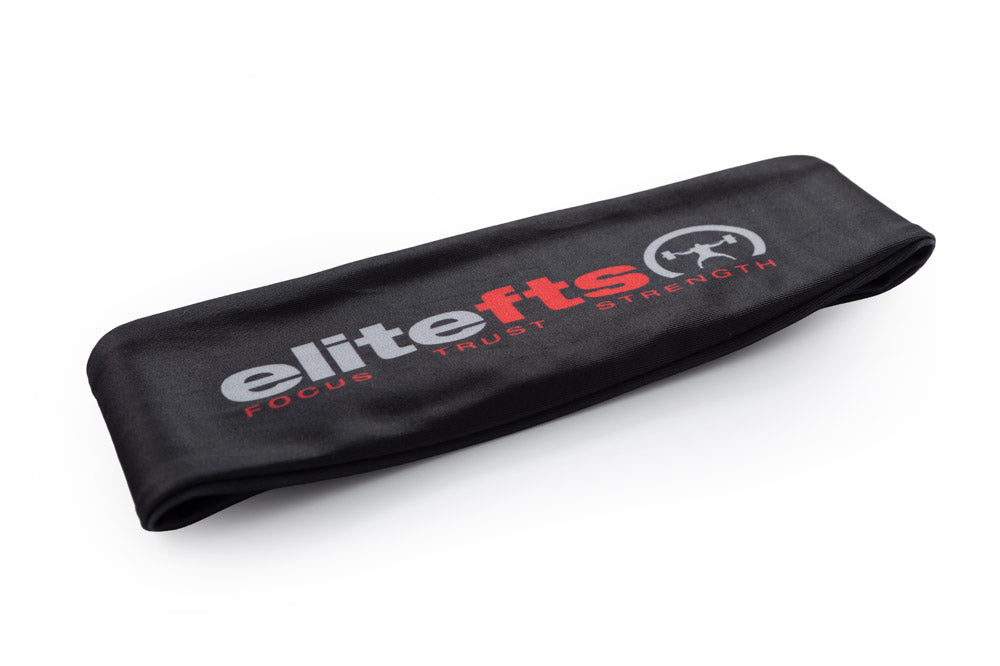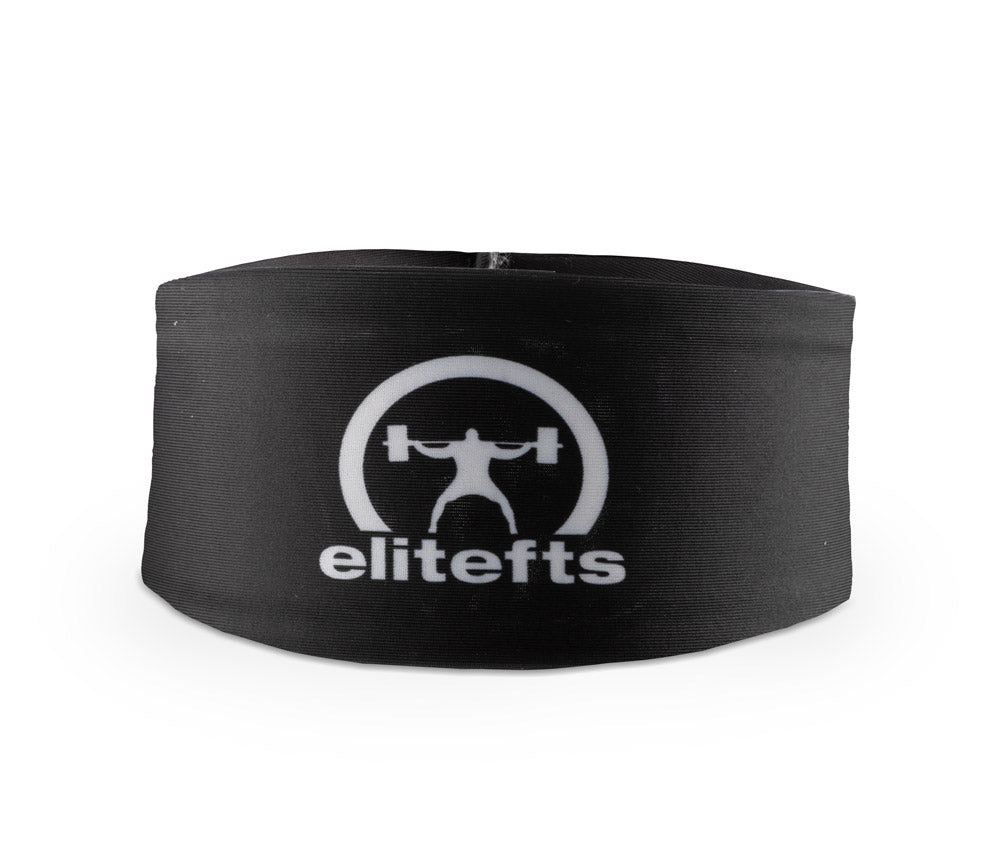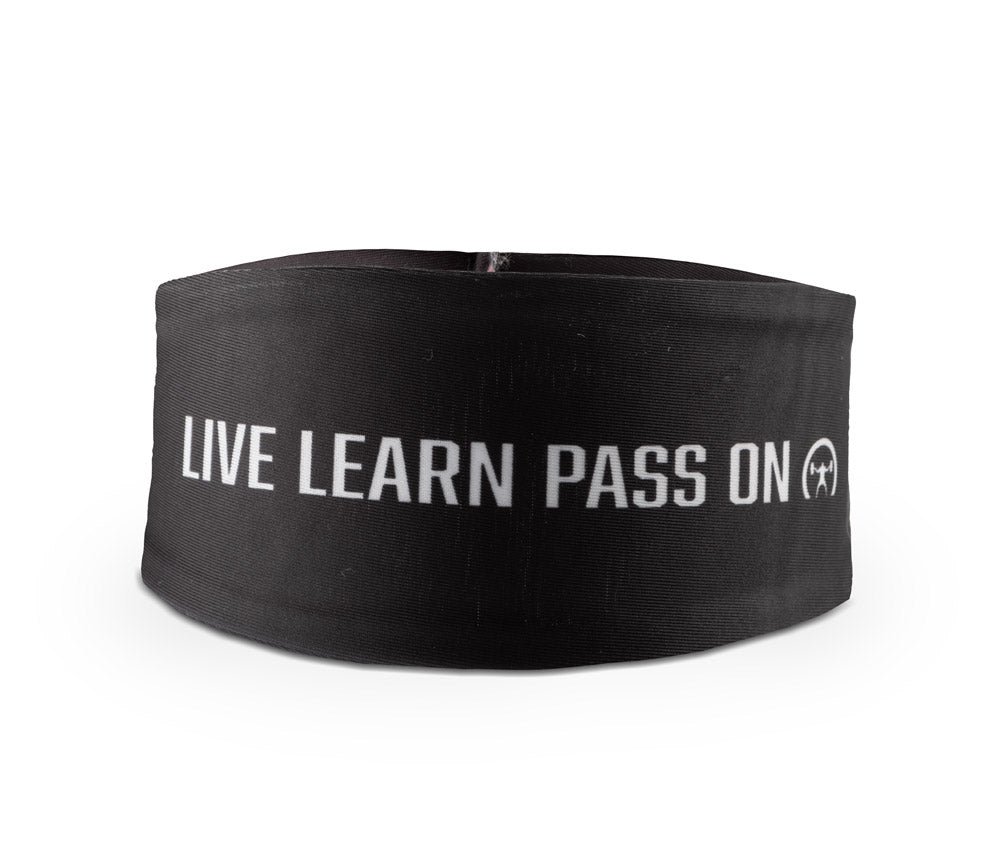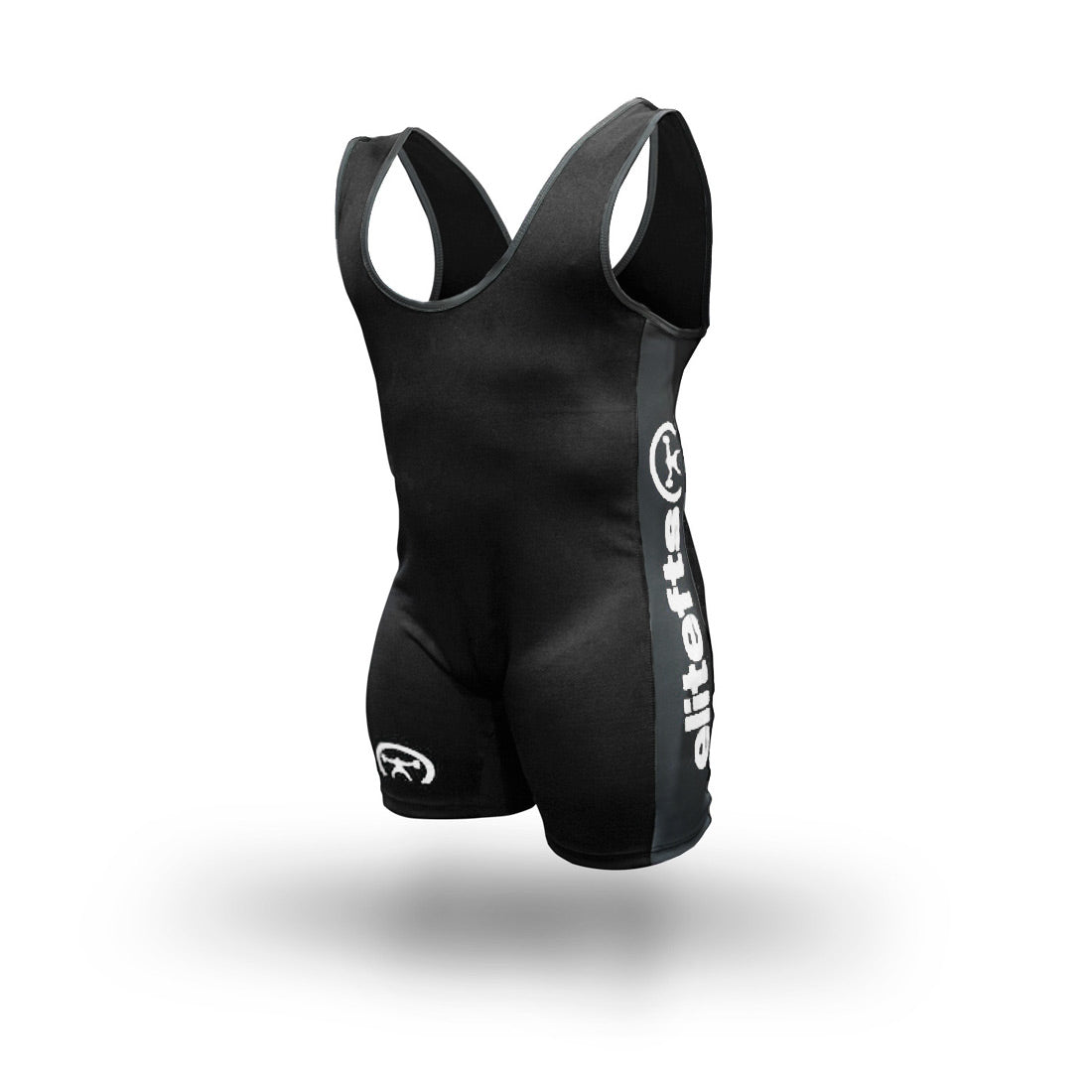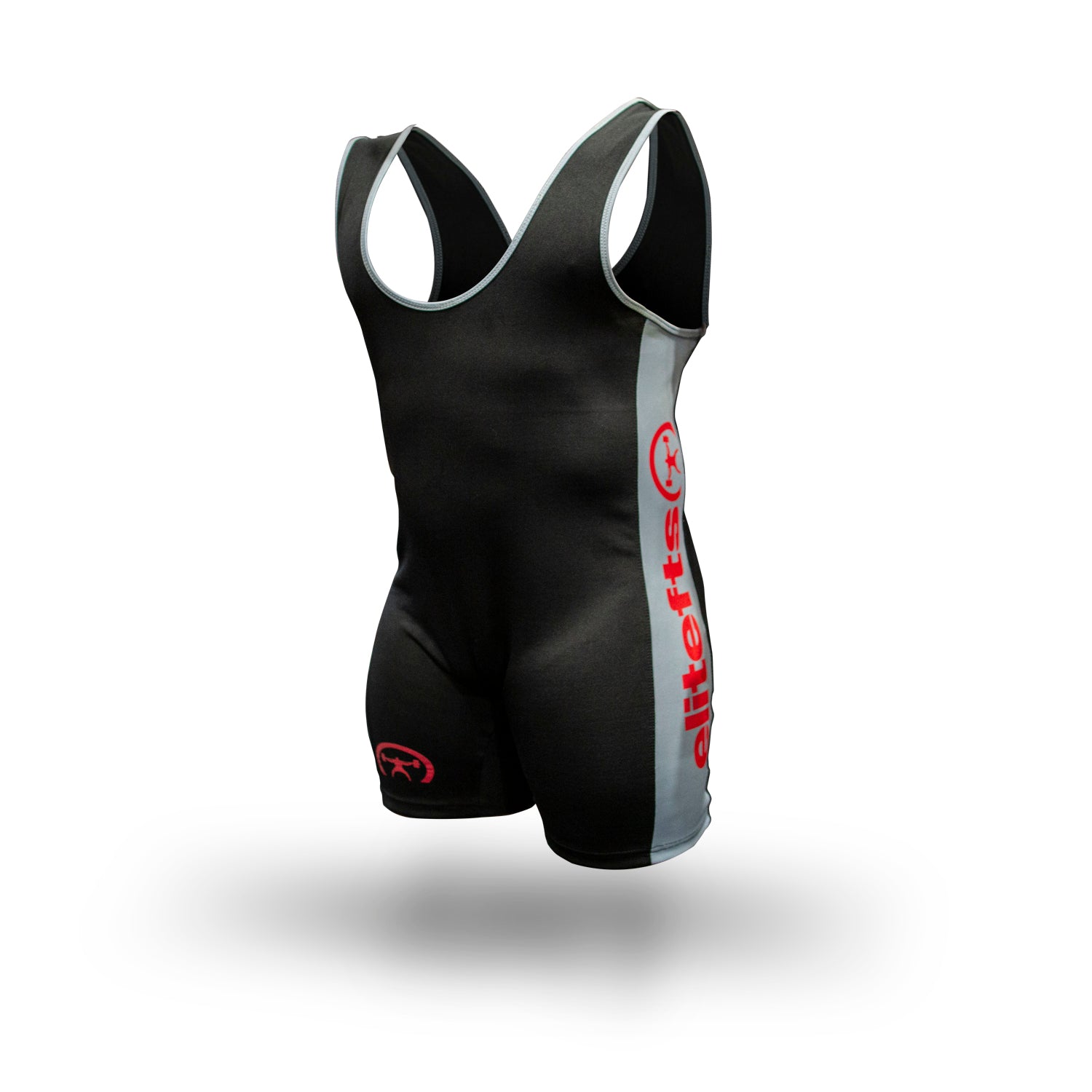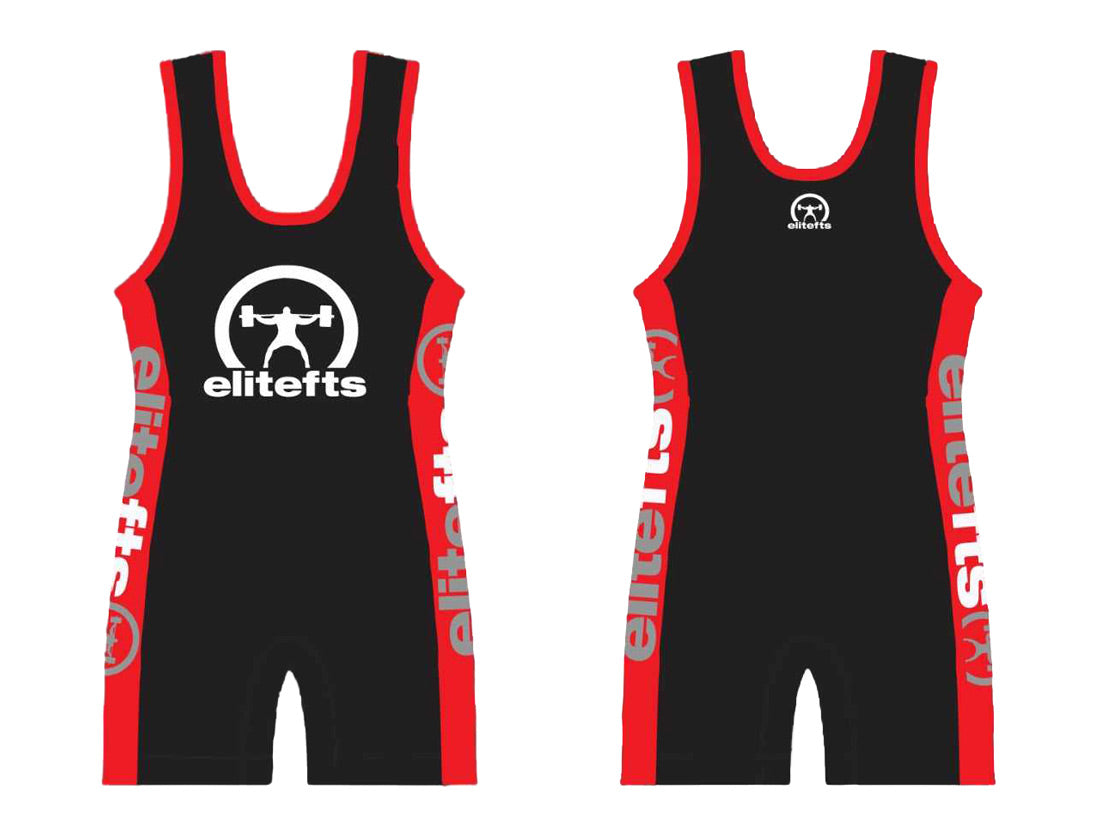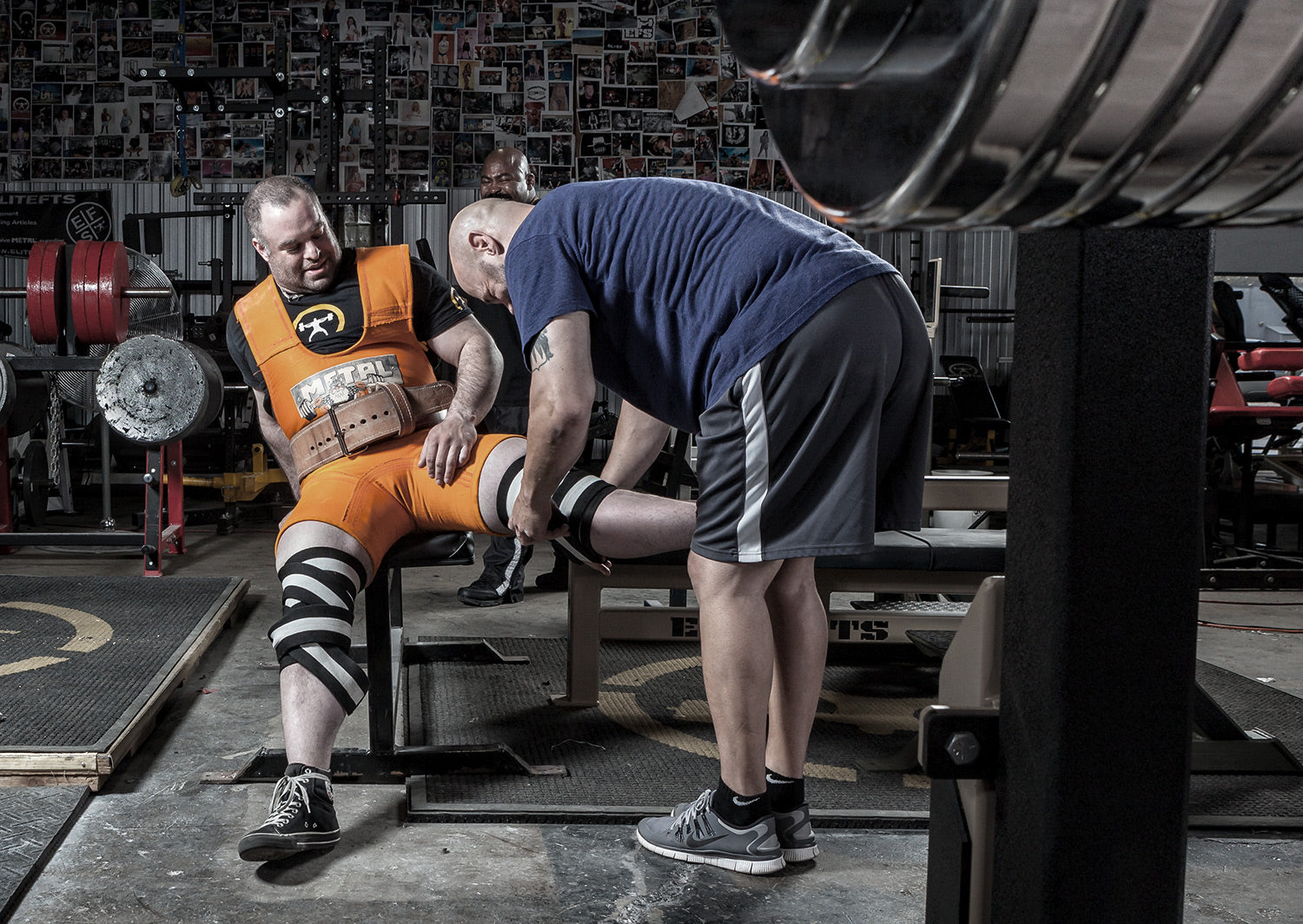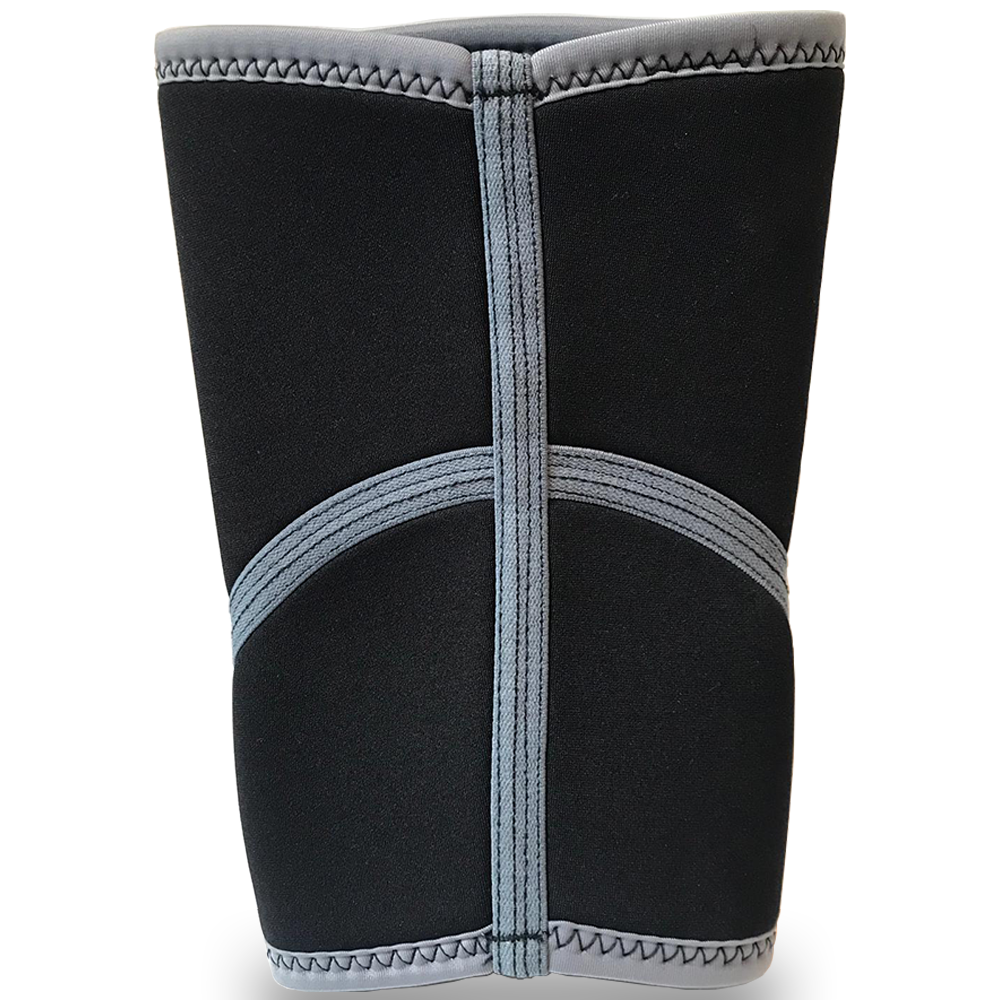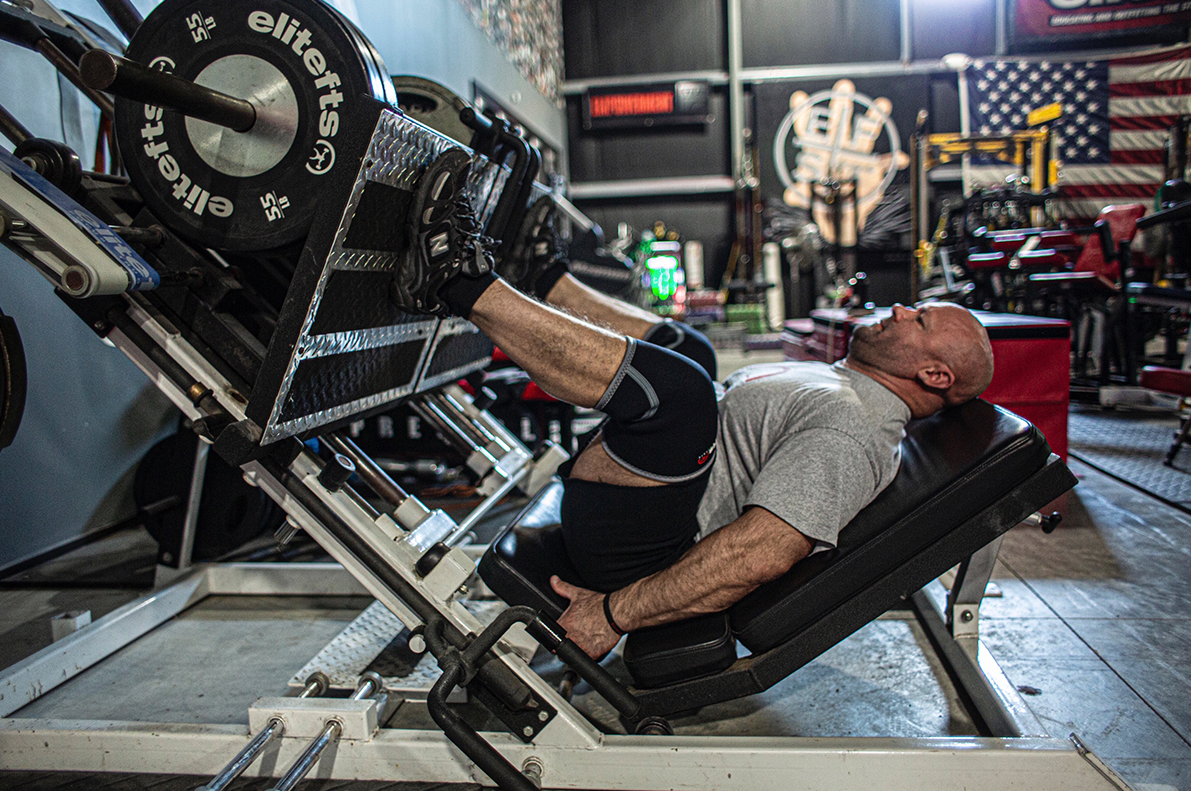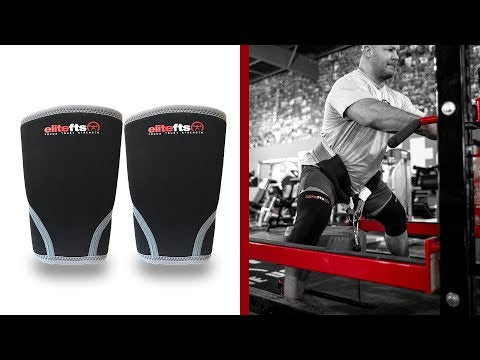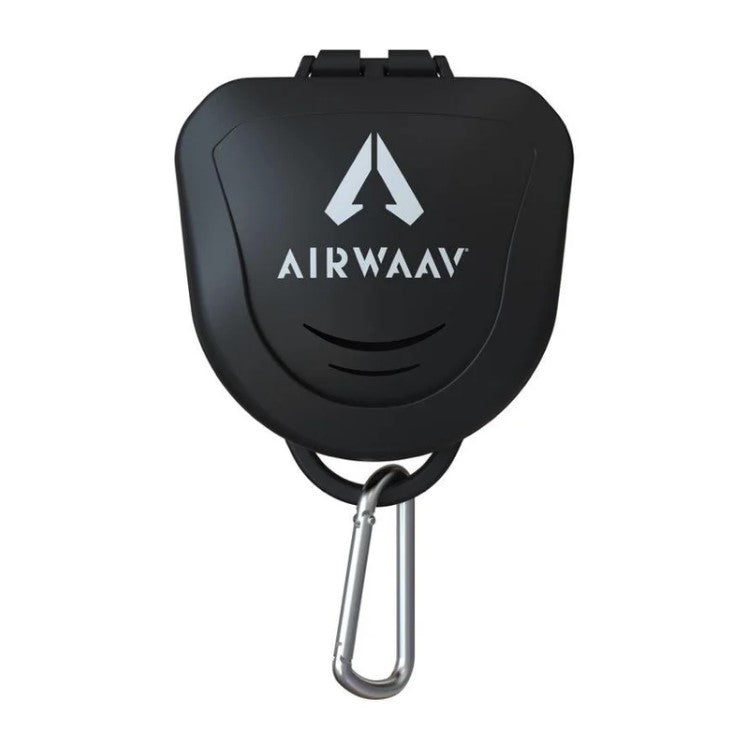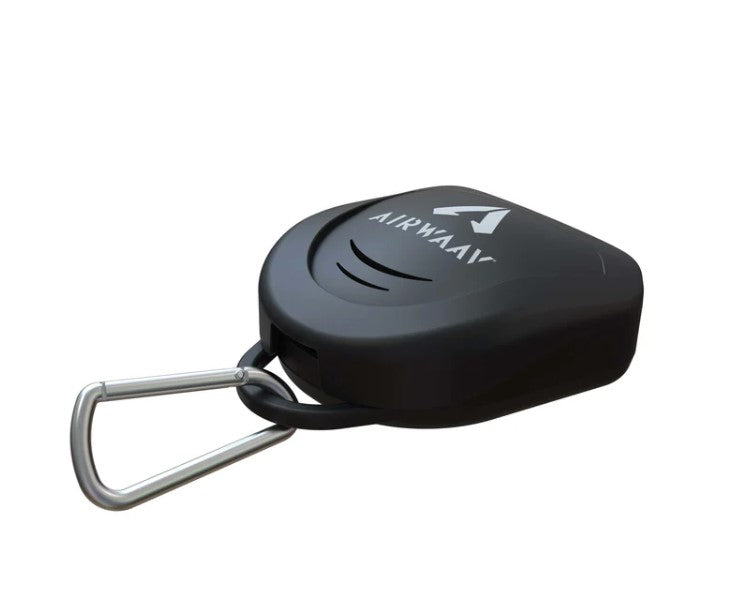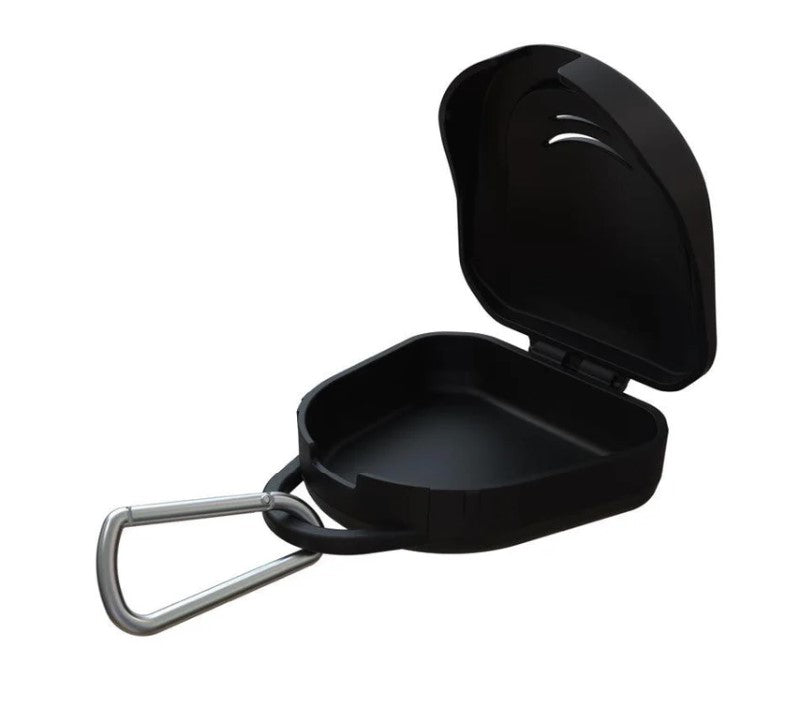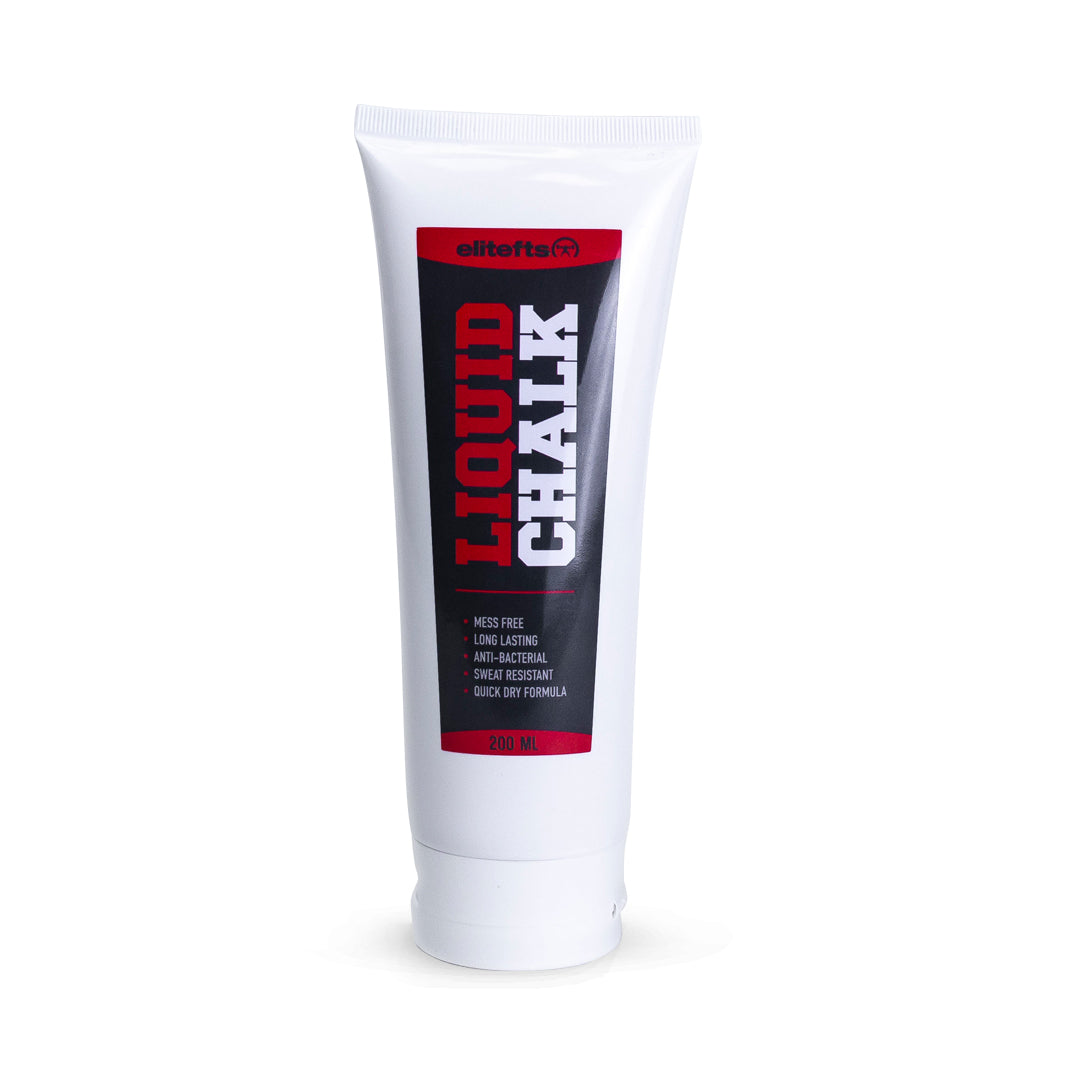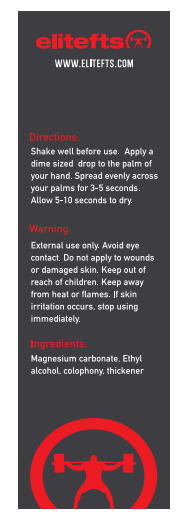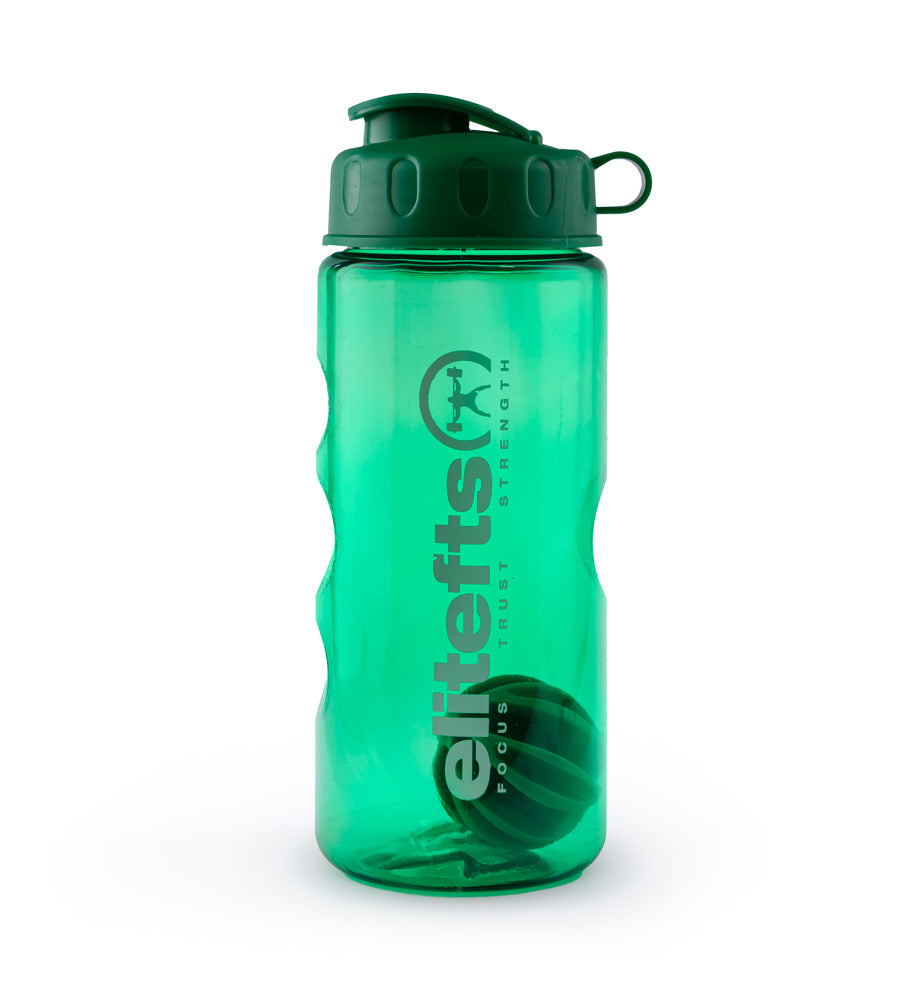Our competition bench press has band-pegs on the bottom and a head or roll cage at the top. If somebody misses the weight—and especially with benchers and powerlifters today—if they miss a weight, you’re talking about a serious injury. We have bench presses in the thousand-pound range. If something gives or if something happens, even with side spotters, it’s happening so fast there’s a risk. When we have a cage, if it does fall back, that’s going to stop before it smashes their face. That’s basically the purpose of the roll cage. The J-Hooks are set up to not extend too high. They don't have a big rubber knob on the end like others might. With J-Hooks you have to go with the minimum that you could possibly get away with, because you never want to take a bar out by first having to press it out of the rack. What happens is, if you do get your body set in the bench position where your back is tight and everything’s tight, as soon as you press up out of the rack, your shoulder come out of position. Everything just flared out. You’ve got to have a J-Peg or a cup that allows you to pull the bar out. That way your lats stay tight. Everybody wants to try to fix all their problems with exercises and movements. A weak point’s always going to be physical, mental, or technical. I don’t give a shit what you say, there’s no other reason. It’s going to be one of those three, or a combination of them. Everybody will ask questions like, “I can’t lock the bar out. What exercises do I need to do?” Everybody’s going to say pin presses, floor presses, board presses. I’m going to say, “Well, maybe you just don’t know how to fucking bench.”

Why are you worried about board presses and pin presses if you don’t even know how to bench right? Technique is everything. The key with any powerlifter is for it to become the mastery phase. That takes years, years of experience. Then there’s always a variable that gets thrown in there that throws everything off. That’s called weight. As you work up, weak points are going to come out. That’s where the coaching and the verbal cuing become even more important, because then there becomes a time where the problem isn't technical — a muscular weakness is actually causing the breakdown in the technique. But for 90% of the people out there, it’s the technique which is the problem. Anybody’s who’s struggling with a squat, bench, or deadlift, the first thing they need to do is to look at their technique and really look at where it’s at and how solid it is and how strong it is and compare it to some of the best lifters that are out there. Have a good coach look at it and see what the problem is, because that’s what’s killing you. I’ve had lifters come to the compound just for a weekend and put 50 pounds on their squat. How long does it take to add 50 pounds to your squat muscularly if you’re training? That can be two years. We did it in a day.
RECENT: 3 Ways to Build Strength Off the Chest for the Bench Press
The first rule of technique when it comes to the bench press is tightness. It’s the same thing with the squat. When you bench press, it’s a total body exercise. Everything has to be tight and contracted and stable. It’s completely two different concepts. When you do that, you’re going to be tighter, technique’s going to be more solid, and you’re going to have a better press. In the front arch position, I like to see pretty much the head all the way off the bench when the feet are set. From there, grab the bar and just start working yourself down until you're all the way on the bench. Then, when in this position, try to drive your heels into the floor. You can't do it, but the focus has to be there because that puts the weight on your traps. Pull the bar out, start from an extended position, break at the elbows, tuck, tuck, tuck, tuck, tuck, and then to push it, flare back. You’re going to push and flare the elbows as the bar comes back. You’re keeping the elbow under the bar the entire time. The key with the bench press is to keep your wrist and your elbow inline.

If you come down and then the bar is behind your elbow, that’s almost a tricep extension. If the bar is front, here, that’s like a front raise. You know, it’s a shoulder press. You want inline the whole time. That’s pushing back toward the rack. If I’m going to bench the way most people do that you're going to see in a gym, the traps are not going to be tight at all. They just basically sit down. They dance their feet around. The bar’s going to be all over the place. Sometimes they do shit to move their bodies around in the middle of a rep. You know, like the free press. They’re going to bring it down and their elbows will be half a foot below the pad of the bench. The lower those elbows are in relationship to the bench, the greater the shoulder strain. If you get in the right position, your shoulders are going to be much closer to the bench and and much stronger there. Compare that to feet out in a proper shoulder position. You can take half the distance off and your elbows won't go as low. I get more questions on that than anything. It pisses me off worse when they say, “Oh yeah, man, my technique rocks. It’s solid,” or whatever it is. Then when you see it, you're like, "dude, you suck." They say the one thing that drives me crazy more than anything else: “Me bad” or “My bad” or whatever the fuck that stupid saying is. Yeah, okay. My bad. Who the fuck came up with that?











